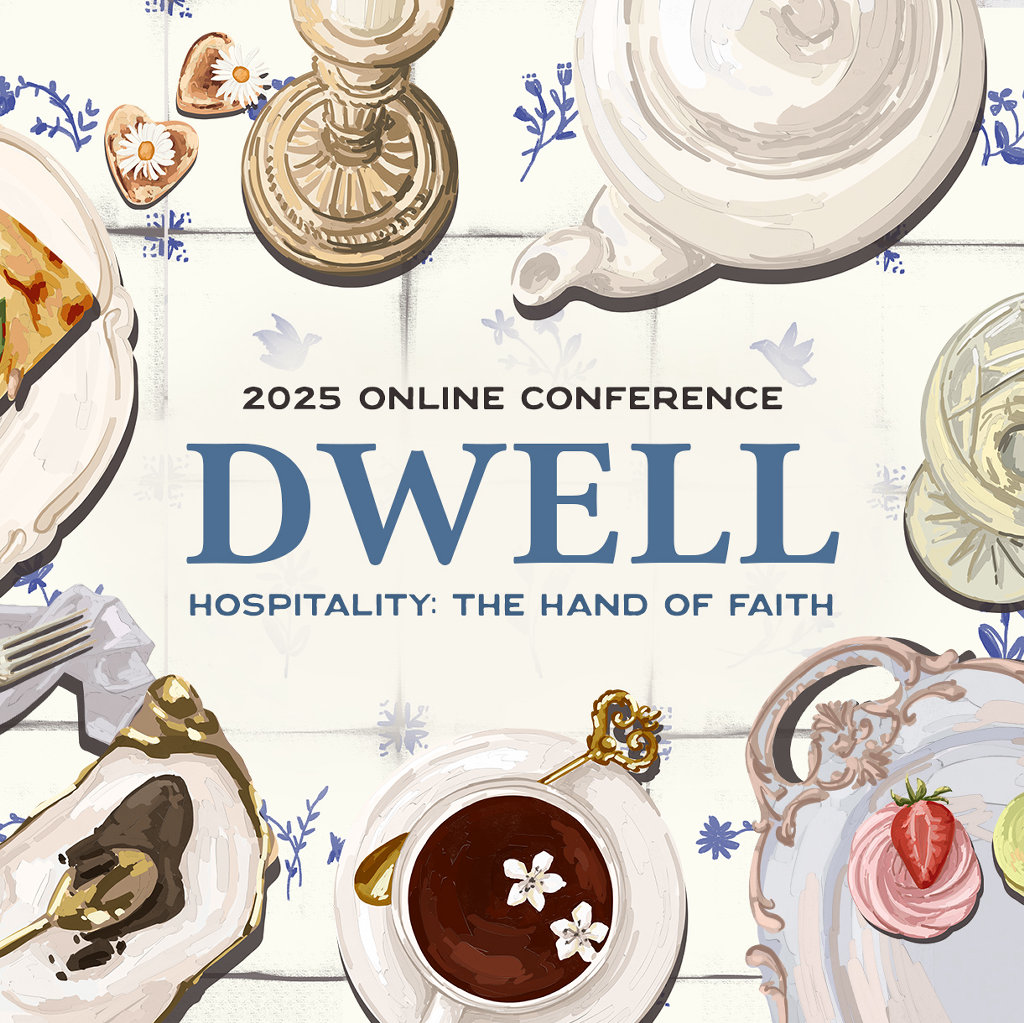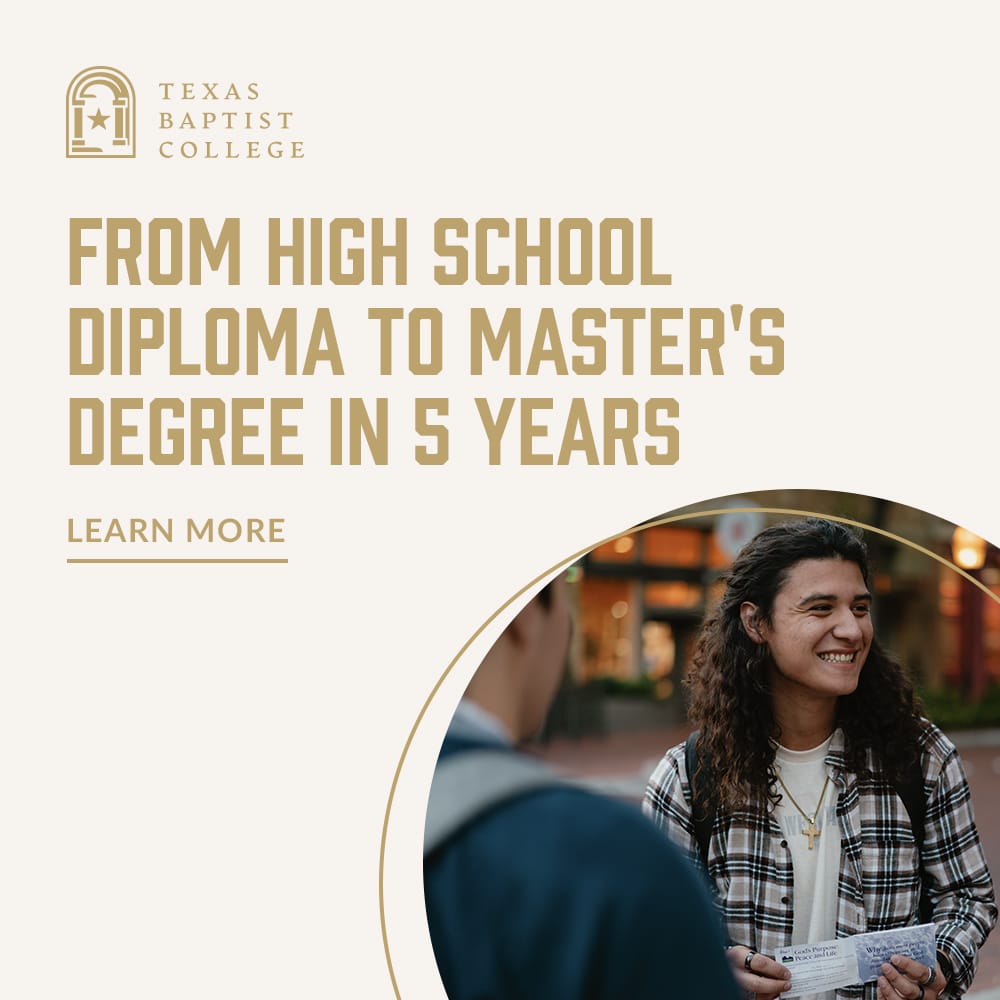Wendell Berry on Ignorance
A book will be coming out this summer with a chapter on Wendell Berry’s approach to education. I’m looking forward to it, because Mr. Berry has insights into the nature of things that educators need to think about. I’ve gone through essays by him on agriculture, for example, and seen all sorts of parallels to the way education works and therefore ought to be done.
In the title essay of his book The Way of Ignorance he provides an example of a principle that ought to govern our thought but to which we give short shrift. He says,
The extent of our knowledge will always be, at the same time, the measure of the extent of our ignorance.
Because ignorance is thus a part of our creaturely definition, we need an appropriate way: a way of ignorance, which is the way of neighborly love, kindness, caution, care, appropriate scale, thrift, good work, right livelihood. Creatures who have armed themselves with the power of limitless destruction should not be following any way laid out by their limited knowledge and their unseemly pride in it.
Let me focus on one word twice repeated in the foregoing: scale. Driven by our industrially oriented minds (we use industrial and computer metaphors to think about everything), we neglect the truth that things have an appropriate scale, including education.
There are sizes and proportions beyond which a true education cannot take place. Yes, this includes class sizes, depending on the type of teaching taking place. But it affects governance even more. We say that we cannot manage what we cannot measure. The implied corollary seems to be that if we can measure it we can manage it.
This is not so. Too often the act of measuring reduces the object measured to something other than what it is. Yet the presence of a measure attracts people’s attention to what is being measured and leads them to manage it according to what is being measured.
Let me illustrate: imagine if you decided to measure your spouse’s affection for you with quantitative metrics. What would you measure? The number of times she cooks for you? The number of times he says thank you, you are beautiful? It may well be true that a loving husband tells her wife thank you more than an unloving husband. That hardly makes it measurable.
For one thing, measurement disregards circumstances, like personality, family background, culture, etc. Maybe we can adjust our metric then. Instead of how many times he says thank you, we’ll determine the proportion of his words that are expressions of gratitude.
Are you starting to feel constricted, maybe a bit tight-chested? I hope so, because any self-respecting husband would be. If he gives you what you are measuring, he won’t do it with joy and he won’t give you much else either. This applies to all human relationships.
I would argue that it applies to teaching too, though by no means to the same extent. There are some things that can be measured in certain limited contexts without altering the nature of teaching itself. But not as much as we think and what bothers me is the rather sanguinary and, I believe, irresponsible approach we have to the discussion. In other words, we don’t have it. We can’t imagine what education would be like apart from the inadequate and counter productive standards we grew up on.
Not only that, but you have set yourself up, with your foolish and arbitrary metric, to be easily manipulated. Anybody can say “thank you.” They don’t have to mean it.
The worst thing of all in a corrupted marriage like that described above might be the discovery of valuable information through this silly process. It would be like winning at tables. If you are going to gamble, at least have the decency to lose. It’s the same with false measures. If they give you valuable information, and they might well do so, you might think they are valuable. Then the valuable immeasurables disappear even further.
Now imagine that your valuable information convinces you that it and therefore you might help others. You can make a fortune by entering the lucrative field of marriage counseling. Get certified and you are set for life. You’ve become an expert. Who says so? Why, the marriage counseling accrediting agency.
And who are they? I suppose they must have been recognized by the state as legitimate. After all, the state understands marriage very well and has the best interests of families always foremost in its gigantic yellow eyes.
There is an appropriate scale to every human activity and it is the scale of personal responsibility, which sets the limits of and is determined by knowledge. That is why if we change our definition of knowledge, we undercut responsibility.
That is why the Greeks and the Hebrews tended toward small communities and city states while the practical and pragmatic Persians and Egyptians and Babylonians and Imperial Romans tended toward large centralized kingdoms and empires.
And that is why American educators have no confidence unless they are backed up by what they call research and why the more research they do the worse they make things. The problem isn’t scientific, it’s conceptual and philosophical. The reigning beliefs about knowledge and ignorance are wrong, so the scales of education are broken.
Those who can know most are given least responsibility, and those who can know least are given most. Those who teach are not trusted and those who rule are not able to teach. Until we break ourselves of the long-outdated and always false industrial metaphors and models, we will continue to meddle with our teachers and use the classroom to spread folly.
Happily, only the very bitter or perpetually adolescent keep score even informally.









